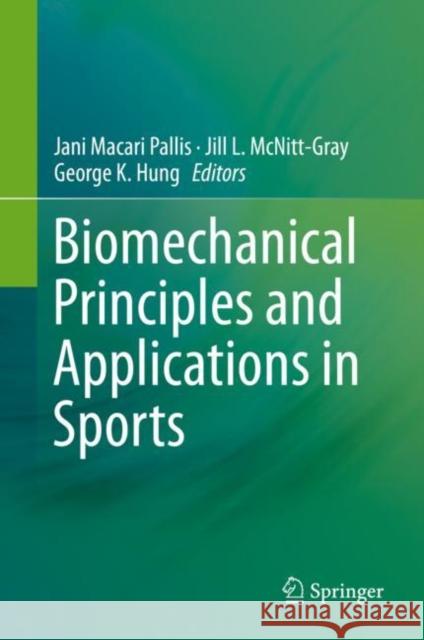Biomechanical Principles and Applications in Sports » książka
topmenu
Biomechanical Principles and Applications in Sports
ISBN-13: 9783030134655 / Angielski / Twarda / 2019 / 321 str.
Kategorie BISAC:
Wydawca:
Springer
Język:
Angielski
ISBN-13:
9783030134655
Rok wydania:
2019
Wydanie:
2019
Ilość stron:
321
Waga:
0.64 kg
Wymiary:
23.39 x 15.6 x 1.91
Oprawa:
Twarda
Wolumenów:
01
Dodatkowe informacje:
Wydanie ilustrowane











